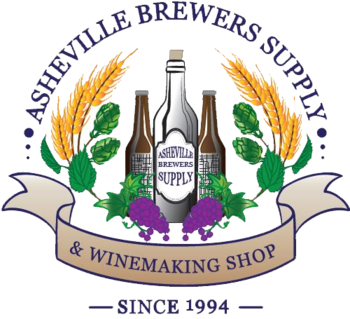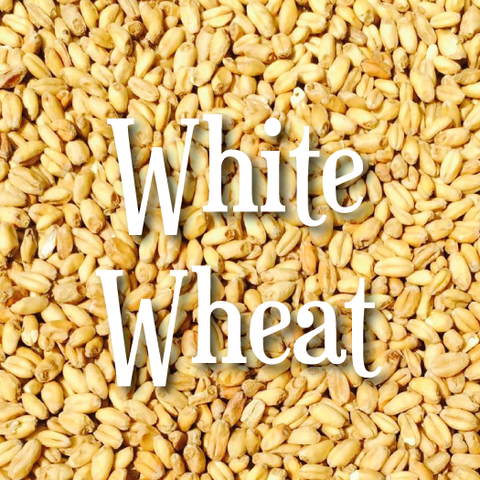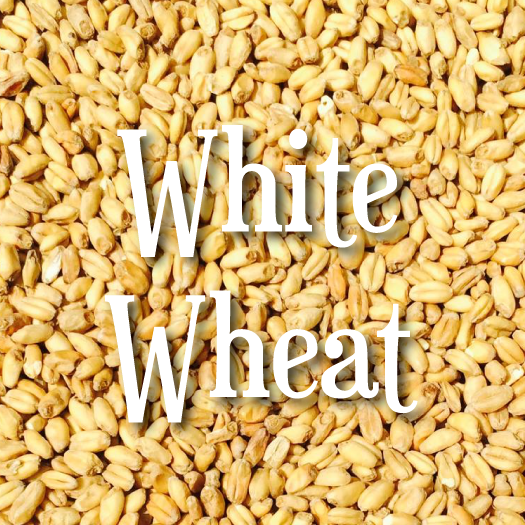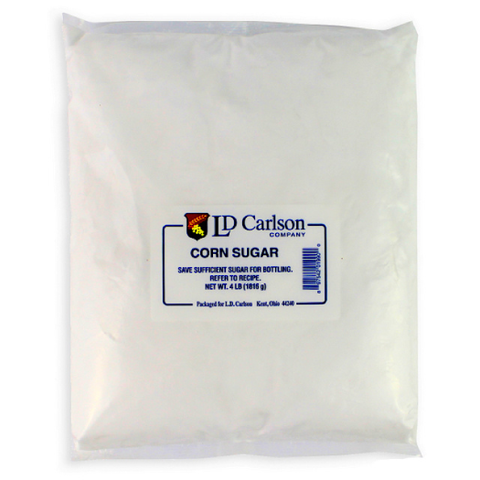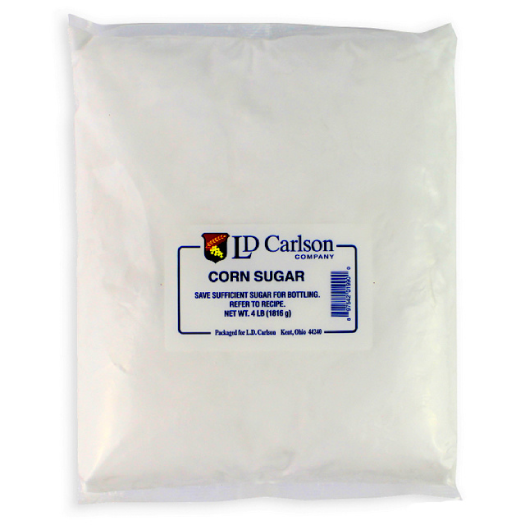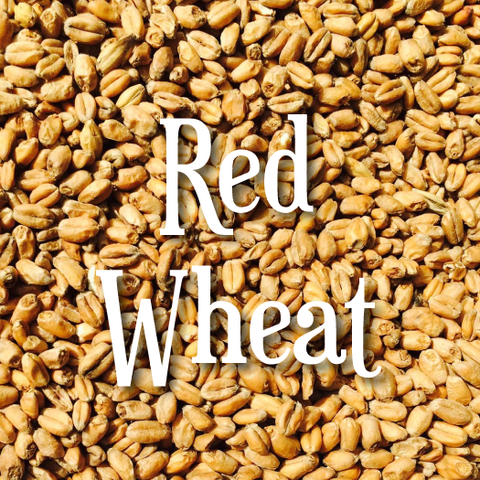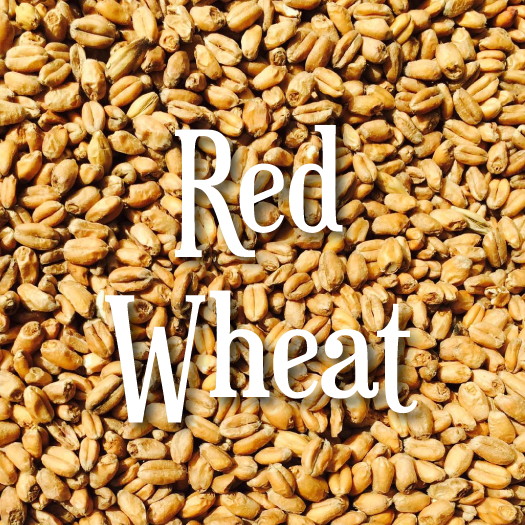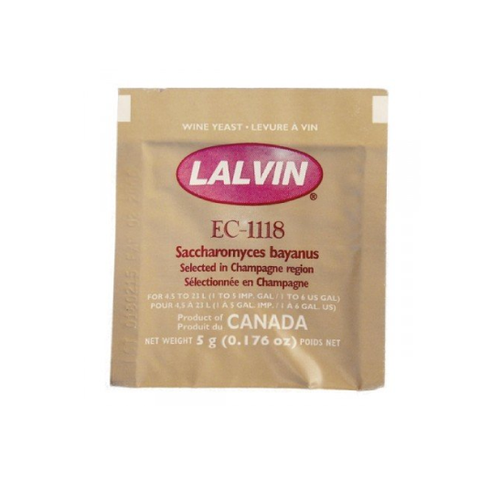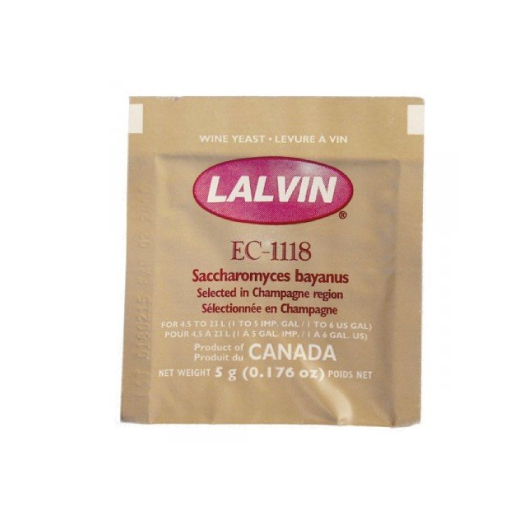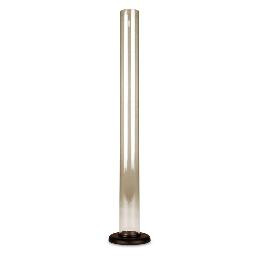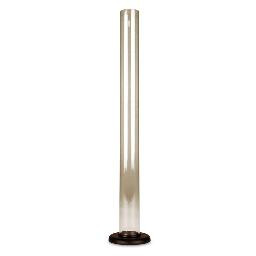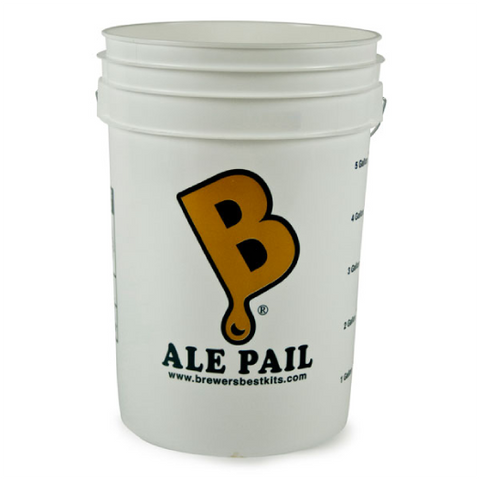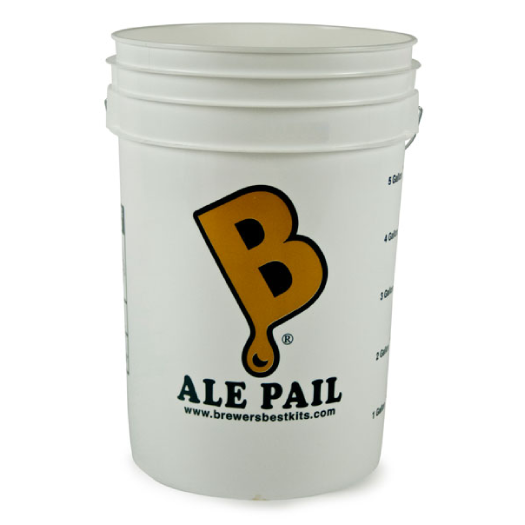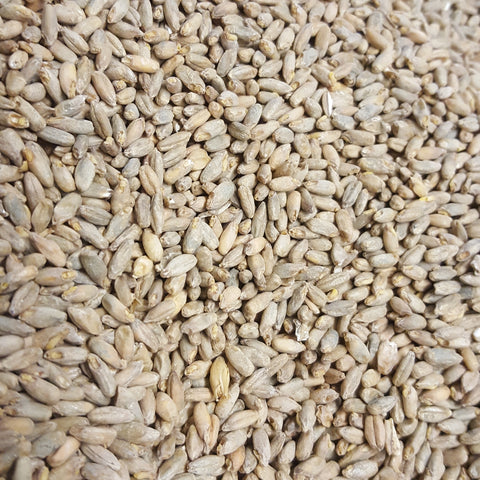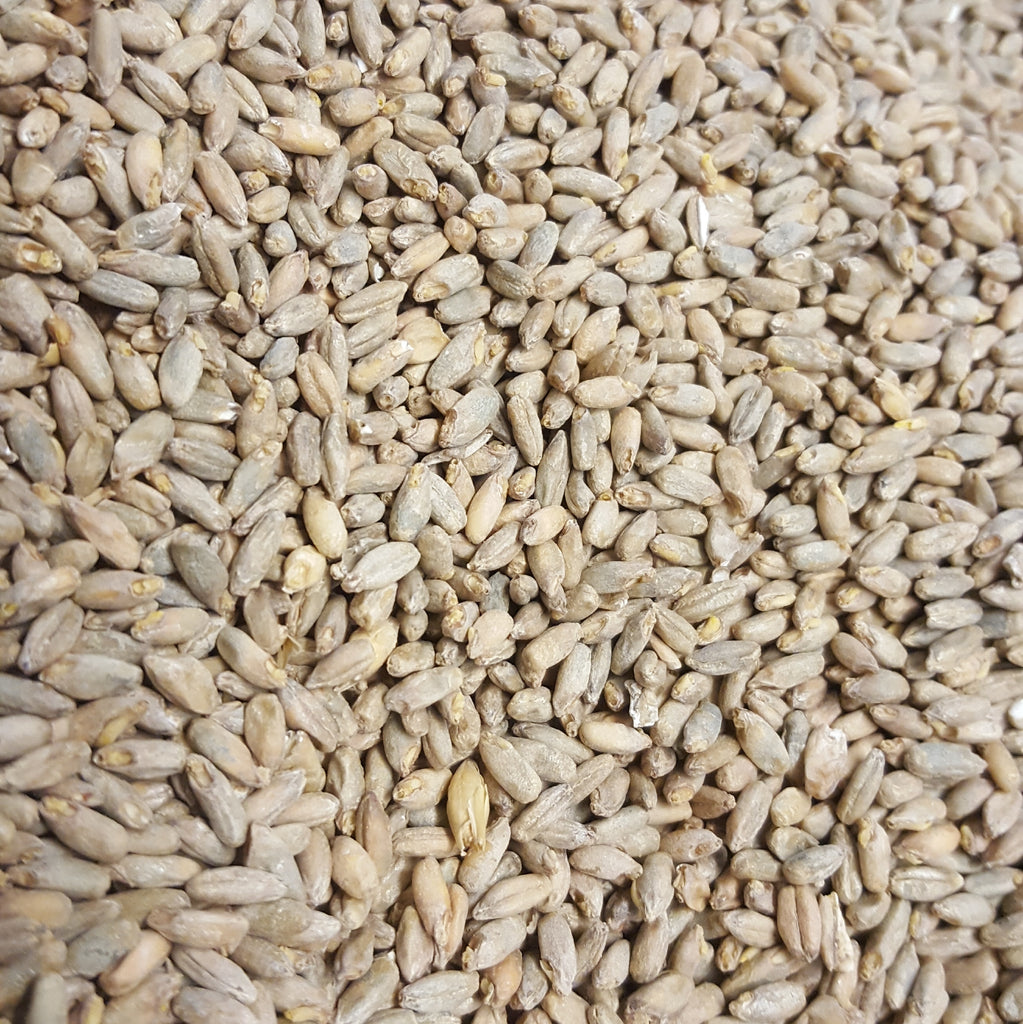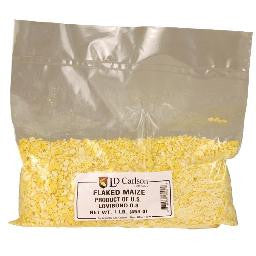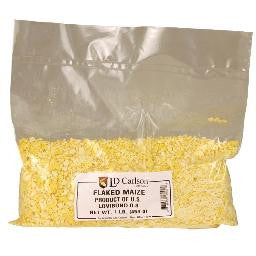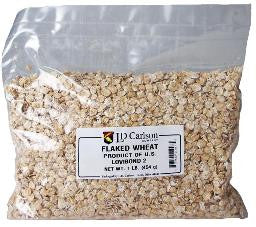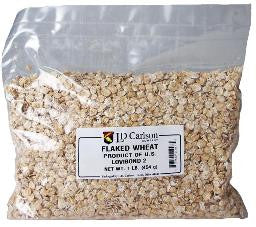Rye
Related Products
White Wheat
$ 2.30
White wheat malt gives a malty flavor not obtained with raw wheat. Flavor is less pronounced than red wheat, but maintains better consistency in the mash. Flavor contributions: sweet, malty, wheat, floury, doughy. Typical Color L: 2.5. Full spec sheet here.
Corn Sugar/Dextrose
$ 3.50
For boosting gravity. Also used in cider production. Buy big and save!
Riverbend Appalachian Wheat
$ 2.55
Produced here in Asheville, this is what Riverbend has to say about this regional malt- "This malt uses a new regionally adapted variety of soft red wheat called Oakes. This variety was developed for use in the artisan bread industry, but we’ve found it makes a great malting variety as well! The aroma and flavor are more pronounced than traditi...
Lalvin EC-1118
$ 2.00
18% alcohol tolerance. A very competitive yeast that will inhibit wild yeasts. It will restart stuck fermentations because of good alcohol and sulfite tolerance. This is a very neutral yeast that will have very little effect on the varietal character of the grape. A popular strain that ferments fully and flocculates well producing compact lees. ...
Hydrometer Test Cylinder
$ 4.50
Used to hold the sample for taking gravity or proof readings. Available in plastic or glass. NOTE: If proofing spirits, you MUST use glass; the plastic can't handle high octane.
6.5 Gallon Plastic Fermentor
$ 20.00
Food grade fermenting bucket with graduated markings showing volume. Includes a drilled/grommeted lid.
Riverbend Carolina Rye
$ 2.55
This malt is produced here in Asheville using an heirloom variety called Wrens Abruzzi that has been grown in the south for over 200 years. Look for classic blend herbal spice, black peppercorn, and citrus flavor. Color 5.5L
FermFast 48 Hour Turbo Yeast
$ 6.50
Our most popular all-purpose distilling yeast, one 243g pack can be used for distilling up to 6.6 gallons of premium wash. It makes up to 20% ABV quickly (within one week)! Can produce up to 14.5% ABV in 48 hours. Each pack contains yeast, nutrients, antifoam, vitamins, and minerals; these are UREA-free, so carcinogens are not a concern.
Hydrometer
$ 7.00
15.5" long, with a solid metal base and easy-to-read 3-scale readout. Packaged, with instructions, in a tube with no hanger cap. Readings idealized at 60°F. Works for beer, wine, cider, mead, and mashes. Scales: Balling: 0-38% Potential ABV: 0-22% Specific Gravity: 0.990 - 1.170
Flaked Maize
$ 2.25
Also known as flaked corn, we have it available by the pound or in bulk. Used in certain American lagers, cream ales, and whiskey production.
Flaked Wheat
$ 2.10
Unmalted wheat. Flaked wheat adds more intense wheat flavor, as well proteins to increase body and head retention in any style, but very often used in lambic brewing.
Flaked Barley
$ 2.10
Adds proteins to increase body and head retention. Great for stouts. Available in 25lb. bulk.
